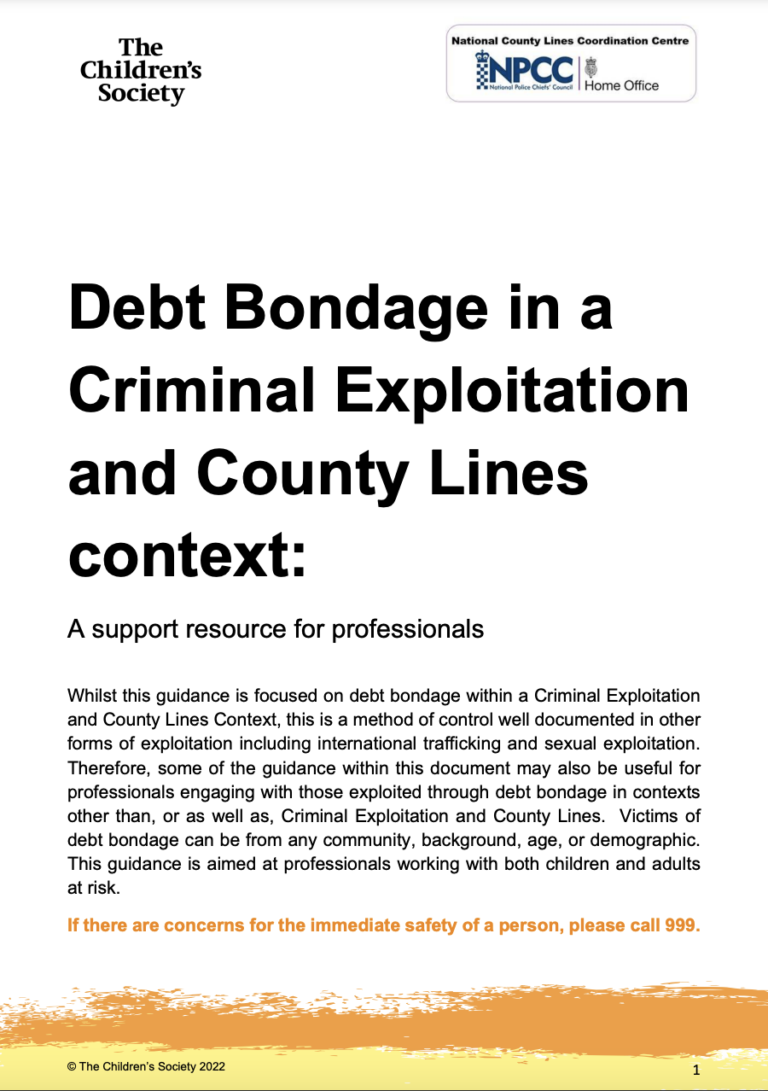Disrupting harm in Thailand: Evidence on online child sexual exploitation and abuse
GuidanceFunded by the Global Partnership to End Violence against Children, through its Safe Online initiative, ECPAT, INTERPOL, and UNICEF Office of Research – Innocenti worked in partnership to design and implement Disrupting Harm – a re...Read More

